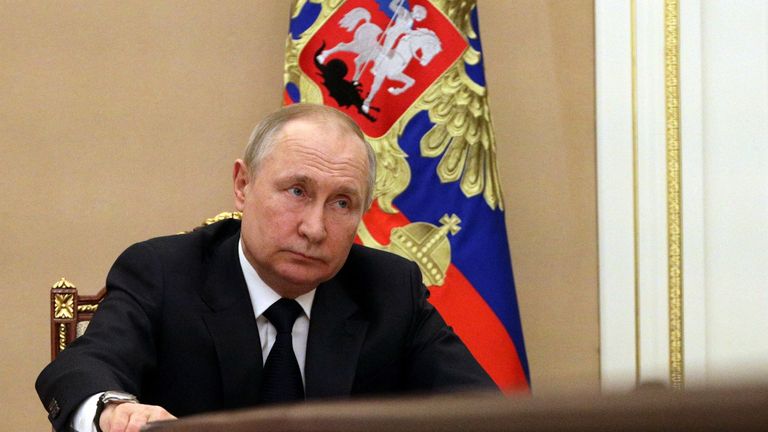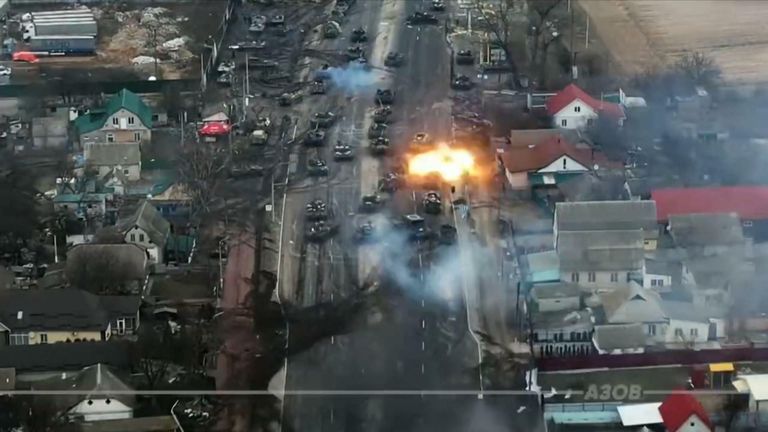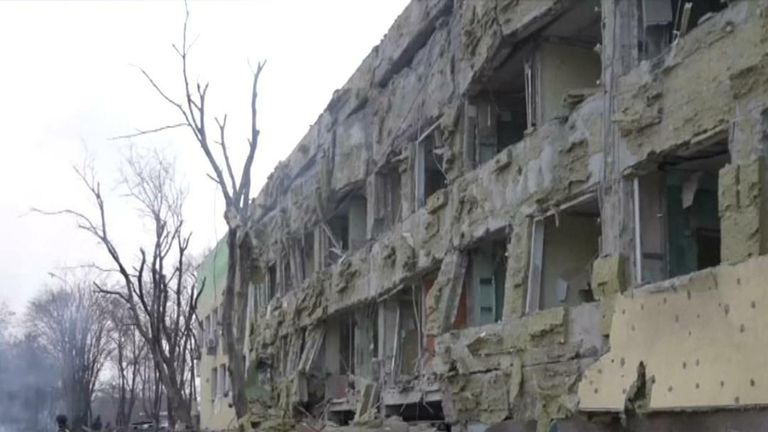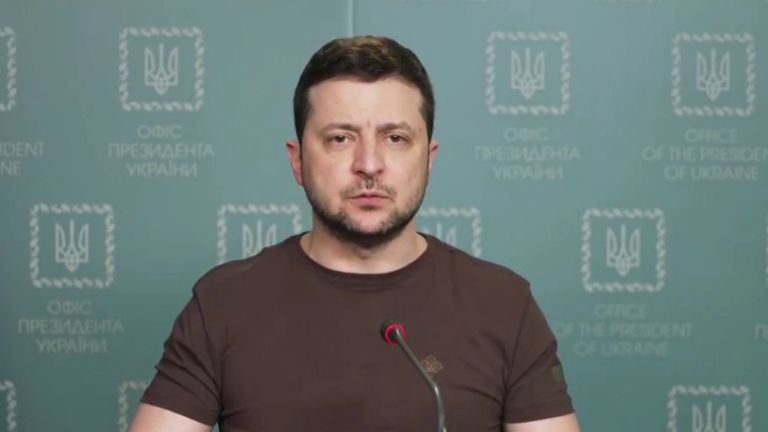100% Original Items
Official licensed products only
Satisfaction Guarantee
No replica, No copy items
Secure Payment
Powered by Paypal & Stripe
Same Day Dispatch
All orders placed before 2PM
Official licensed products only
No replica, No copy items
Powered by Paypal & Stripe
All orders placed before 2PM
Official licensed products only
No replica, No copy items
Powered by Paypal & Stripe
All orders placed before 2PM
Official licensed products only
No replica, No copy items
Powered by Paypal & Stripe
All orders placed before 2PM
Official licensed products only
No replica, No copy items
Powered by Paypal & Stripe
All orders placed before 2PM
Facebook and Instagram posts calling for Vladimir Putin’s death – and violence against Russian soldiers – are going to be temporarily allowed in some countries, according to Reuters.
Meta, which owns both social networks, has reportedly sent emails to moderators that explain the company is making “allowances for forms of political expression that would normally violate our rules”.
The encouragement of violence against Russian civilians will continue to be prohibited – and posts calling for the president’s death will be deleted if they contain other targets or discuss a location or method.

Rules have also been relaxed surrounding posts about Belarusian President Alexander Lukashenko following Russia’s invasion of Ukraine.
The temporary policy only applies to users in Armenia, Azerbaijan, Estonia, Georgia, Hungary, Latvia, Lithuania, Poland, Romania, Russia, Slovakia and Ukraine, according to the news agency’s report.
An email seen by Reuters told moderators: “We are issuing a spirit-of-the-policy allowance to allow T1 violent speech that would otherwise be removed under the Hate Speech policy when: (a) targeting Russian soldiers, EXCEPT prisoners of war, or (b) targeting Russians where it’s clear that the context is the Russian invasion of Ukraine (e.g., content mentions the invasion, self-defence, etc.)”
The message went on to explain that the rules are being changed because “Russian soldiers” is being used as a proxy for the military in relation to this invasion.
Read more: How are big tech companies responding to the invasion of Ukraine?
Please use Chrome browser for a more accessible video player

2:41
Ukraine invasion: Day 15
Russia tightens access on social networks
Last week, Russia said it was banning Facebook after the social network began restricting access to certain state media outlets.
Social networks including Facebook and Twitter have blocked RT and Sputnik in Europe.
Please use Chrome browser for a more accessible video player

1:25
Maternity hospital hit by airstrike
On Thursday, both sites removed posts from the Russian Embassy in the UK about the bombing of a children’s hospital in Mariupol because they broke rules that prohibit denying violent events.
According to Ukrainian President Volodymyr Zelenskyy, three people – including a child – were killed in Wednesday’s airstrike, which also hit a maternity unit.
One of the posts from the Russian Embassy shared images with a red label that branded them as “fake” – and went on to claim that the maternity unit was non-operational and was being used by Ukrainian soldiers at the time.
Twitter has responded to Russia’s blocks by launching a privacy-protected version of its site – known as an “onion service” – that can be accessed via the dark web.
Please use Chrome browser for a more accessible video player

0:45
Zelenskyy: ‘You will be responsible’
Read more:
What happened on day 15 of the Ukraine invasion
Russia is edging closer to Kyiv, US defence official says
How will this end? Your questions answered
Eyewitness: 300,000 refugees arrive in Warsaw
No account yet?
Create an Account